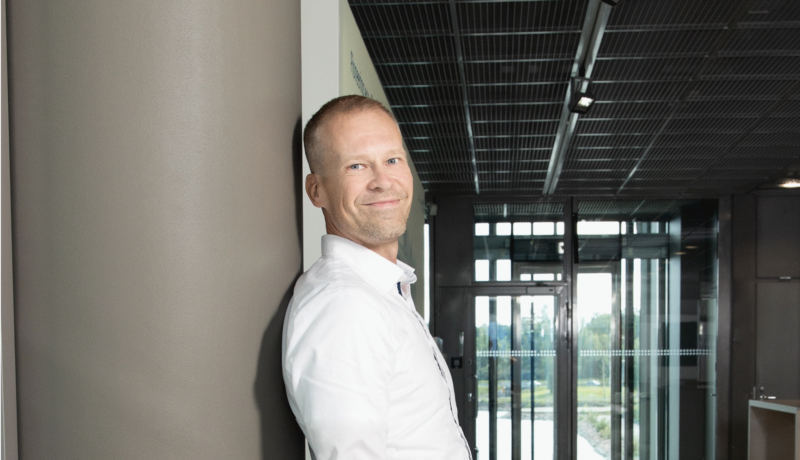The Venture Client approach stands out as a strategic opportunity for corporations to engage with startups and growth companies, offering a streamlined approach to innovation. The effectiveness of this model hinges on understanding and prioritizing organizational business needs and the type of innovation and resources required to address them most effectively.
Many objectives can be achieved through corporate-startup partnerships, including addressing tangible business needs swiftly, accelerating the attainment of strategic goals, exploring new growth opportunities, enabling customer co-creation, and boosting R&D activities. However, such engagements often entail change management, as integrating new solutions demands careful testing and novel solution creation.
Levels of innovation:
When considering the right Venture Client approach for corporate needs, it’s essential to differentiate between various innovation needs, namely product, process, and business model innovations.
- Process Innovation: This involves the introduction or substantial improvement of production or delivery methods, resulting in increased efficiency or reduced costs. Typically, these solutions are often purchased directly by corporations for internal needs. Given the cultural inclination towards improving internal processes, these innovations tend to be successfully implemented and closely resemble more traditional procurement methods.
- Product Innovation: Product innovation is the process of developing an idea into a commercially viable customer value proposition. While presenting greater business impact opportunities, these innovations also take longer to nurture and implement.
- Business Model Innovation: This represents a significant shift in one or more elements of the business model, fundamentally altering the value creation and capture dynamic. Successful implementation requires a careful analysis of business potential, and corporations should mature their strategy and capabilities before engaging with startups.
Types of Innovation:
- Incremental Innovation: This involves minor modifications or improvements to existing products or processes, leading to quick and straightforward value realization. It’s a conservative, low-risk approach focused on enhancing existing assets, which can further strengthen organizational commitment to startup collaboration.
- Adjacent Innovation: Here, existing products are integrated or complemented with new elements, often presenting promising co-development opportunities with startups. While requiring a longer timeframe for value realization, this type of innovation offers significant potential for speeding up the time-to-market for new services or products.
- Transformative Innovation: Representing a fundamental shift, transformative innovation introduces radically new technologies or business models capable of redefining market structures. It demands a substantial investment of time and an experimental mindset, offering the potential for significant long-term value creation and growth. However, it requires a strong commitment to the Venture Client process and should not be attempted prematurely without the right organizational buy-in.
Purchasing from startups has often been more operational (incremental) than driven by the strategic intent to harness critical technologies from startups. While startup and growth company collaboration also provides innovative and agile solutions for incremental development needs, it is good to notice that the greater long-term value potential lies in more transformative innovation, such as Horizon 2 and 3 development (see picture above).
The Venture Client approach offers the potential to leverage purchasing from startups as an integral part of a company’s innovation and inorganic growth strategy both by identifying strategic needs that startups solve best and by validating emerging solutions before, for example, acquiring them. In addition, by tapping into and steering the early-stage development of startup solutions, corporations can be in the driver’s seat in shaping the overall tech and industry development.
Achieving the right balance in innovation is crucial for corporations. Typically, approximately 70% of resources go to enhancing core offerings, 20% to adjacent ones, and 10% to transformative innovations. Balancing exploitative innovation with explorative innovation is key. This strategic mix fosters organizational agility and resilience, ensuring sustained performance and alignment with broader innovation objectives in corporate-startup collaborations.
Determining and prioritizing the specific needs to address through corporate-startup partnerships depends largely on three key factors: the organization’s readiness to take risks, the time horizon for achieving goals, and the desired balance between innovation and stability.
Where to Start:
It is recommended to start the Venture Client journey with more incremental business needs, especially in internal processes and cost savings with well-defined problems that could easily be addressed and implemented, offering low-hanging fruits and boosting success stories and organizational momentum. Over time, it is recommended to incorporate a more balanced approach, with a portfolio of projects consisting of a mix of incremental and more radical innovation projects, and actively seeking out possible projects with cutting-edge startup technologies based on strategically relevant business areas. By carefully calibrating their portfolios to balance risk and reward, corporations are better equipped to navigate the challenging terrain of corporate innovation.
As a Venture Alliance, Combient Foundry stands ready to facilitate transformative partnerships, connecting corporations with the most innovative startups globally, while driving industrial innovation initiatives at scale. For more information, please visit our website: https://combientfoundry.com/






